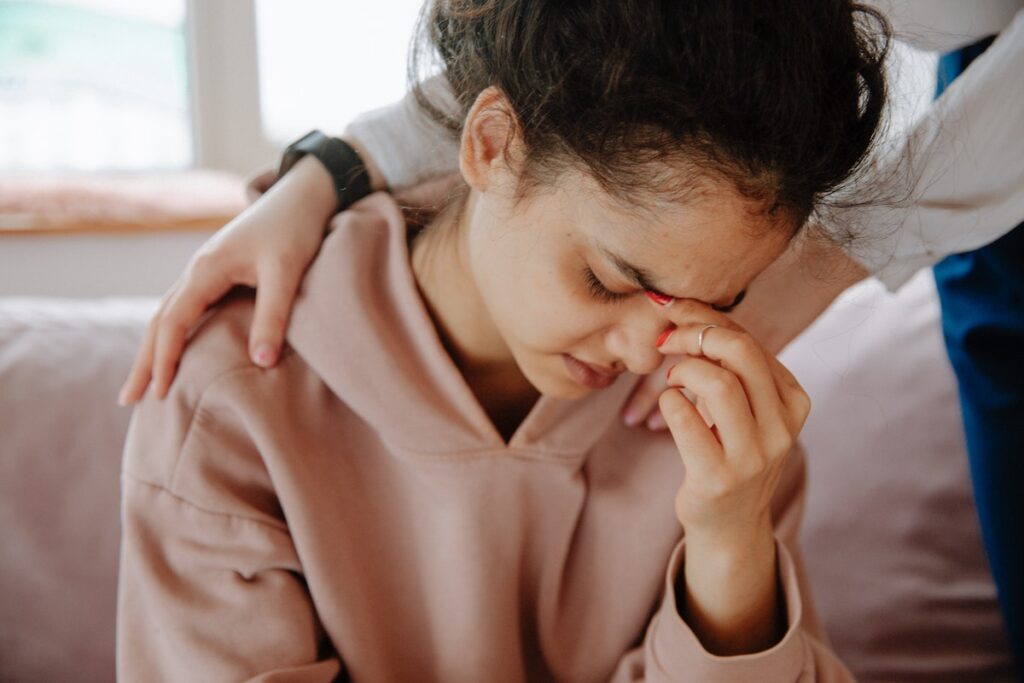Today marks the 13th celebration of National Minority Mental Health Awareness Month. The holiday is meant to improve access to mental health services and promote public awareness of mental illness among minorities. It’s important that the mental health community take this month to reflect on ways we can better serve all people.
Minorities Face Unique Challenges When Accessing Mental Health Services
The health outcome disparities laid open during the pandemic also appear in mental health treatment. Research indicates that race/ethnicity, gender, sexual identities, language barriers as well as socioeconomic and refugee status can all play a role in making access to mental health services more challenging. A study from Princeton in 2016 found that stereotypes about gender, race, and class all contribute to these disparities, even as early in the process as trying to secure an appointment.
To address these structural inequities, California voters approved the Mental Health Services Act in 2004. This law was designed to “address the urgent need for expanding access to community mental health services,” according to a 2018 report from Rand.
But research from LA County in 2019 indicates that these disparities continue to rage. The study found “discordance between psychological distress and availability of publicly funded mental health facilities, and between economic hardship and availability of these facilities.” In other words, we still have a long way to do. And the challenge is only going to get bigger.
Changing Demographics Means More People Need Mental Health Help
Demographics in the United States are expected to see an enormous shift over the next decade, according to predictions updated in 2020 from the U.S. Census Bureau. Americans in general will be getting older, thanks to Baby Boomers, and immigration is expected to be the driving force of population growth.
The fastest growing ethnic group are people who identify as two or more races, followed by Hispanics and Asians. By 2060, the Bureau predicts, one in three Americans will be a race other than white. With these numbers in mind, it’s even more crucial that minority groups have equal access to mental health services.
Minorities Don’t Have Higher Rates of Mental Illness, but They Have Worse Health Outcomes
Although minority groups have similar or even fewer incidences of mental disorders than whites, minority groups disproportionately suffer from burden of disability from mental illness. These manifold factors include:
- Few available high quality mental health treatment options
- Cultural stigmas surrounding mental health
- Discrimination and implicit bias from the medical community
- A lack of overall mental health awareness
Reflecting the change in demographics, severe mental illness among racial and ethnic minorities is highest for individuals identifying as two or more races (7.5%). American Indian/Alaskan Natives (4.9%), Hispanics (3.6%), Blacks (3.1%), and Asians (1.9%) also experience severe mental illness.
Making Mental Health Accessible to Everyone
Unfortunately, BIPOC individuals with severe mental illness experience common disparities when accessing health care. These include:
- Over-diagnosis of schizophrenia
- Higher doses of prescription antipsychotic medications
- More emergency services intervention (as opposed to community support and primary care)
- More interactions with law enforcement (often leading to emergency services)
While the Affordable Care Act has expanded health access, a lack of universal health care and varying state laws contribute to these challenges.
Access to Mental Health Care in LA County
If you or someone you need needs treatment from a mental health professional, reach out to the LA County Department of Mental Health Administration Access Line. Their hotline and website are open 24 hours a day.
And, as always, you can reach out to me to schedule your free 15 minute consultation.
Photo by Polina Zimmerman from Pexels



Thanks for sharing, very insightful!